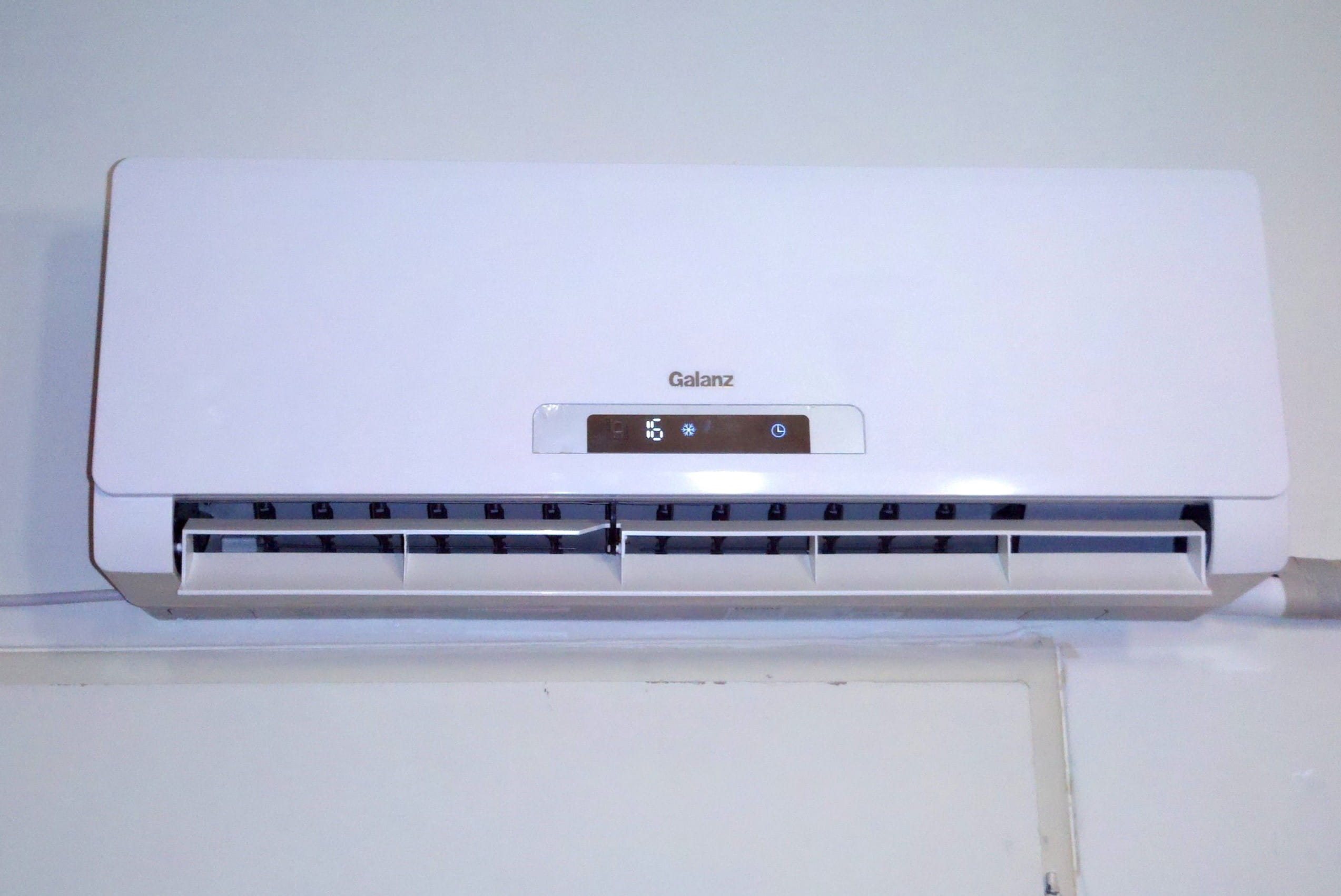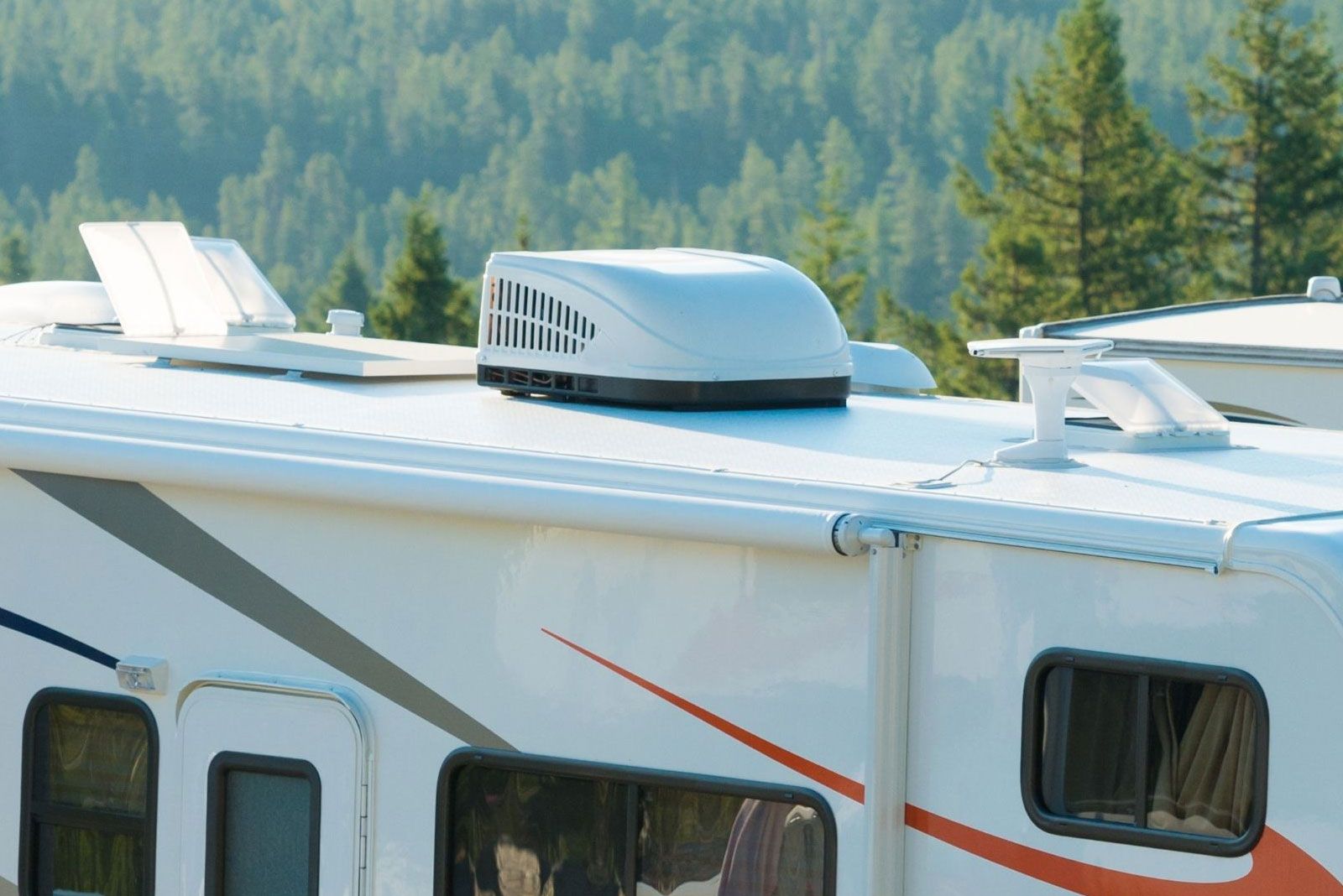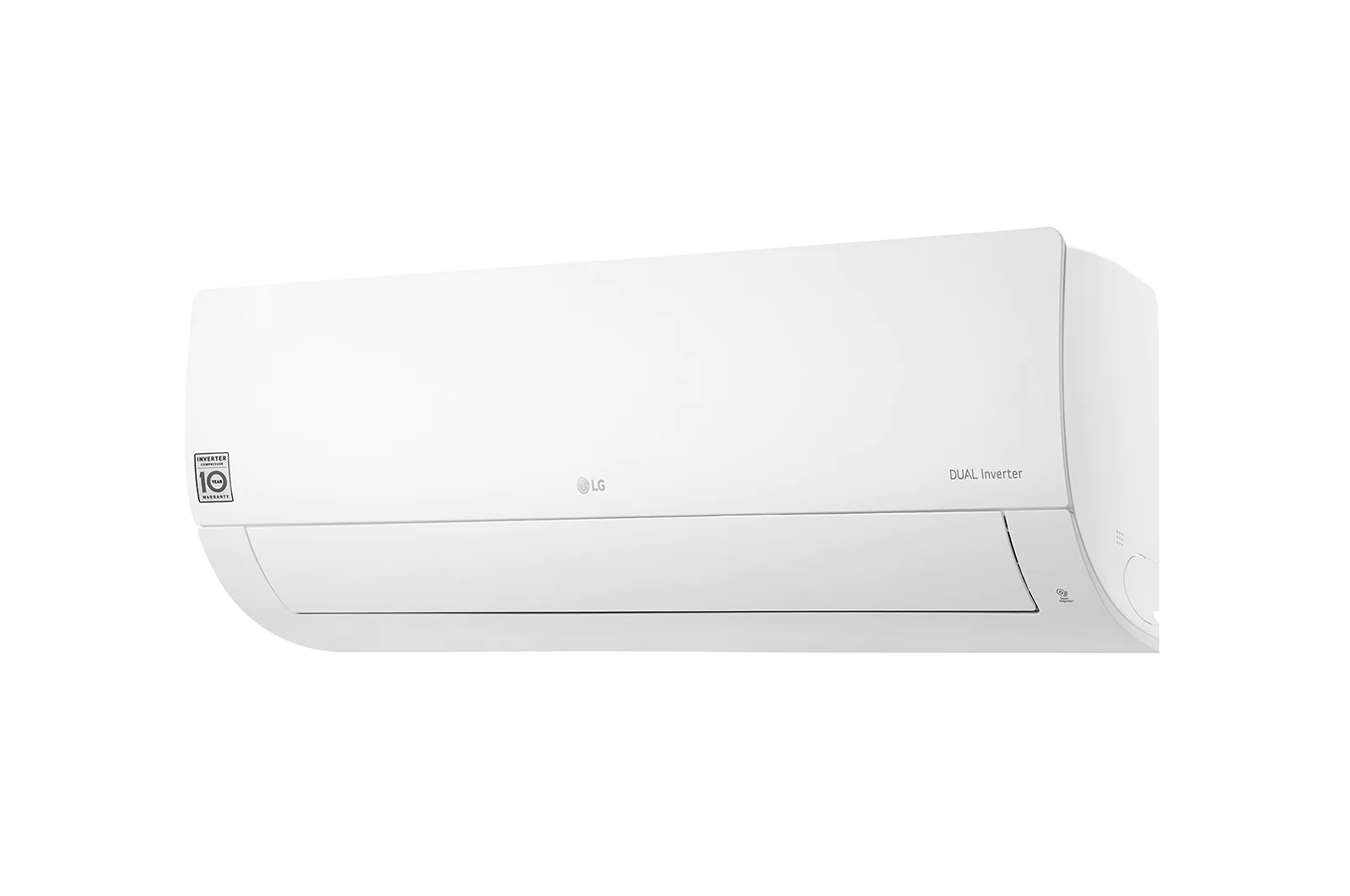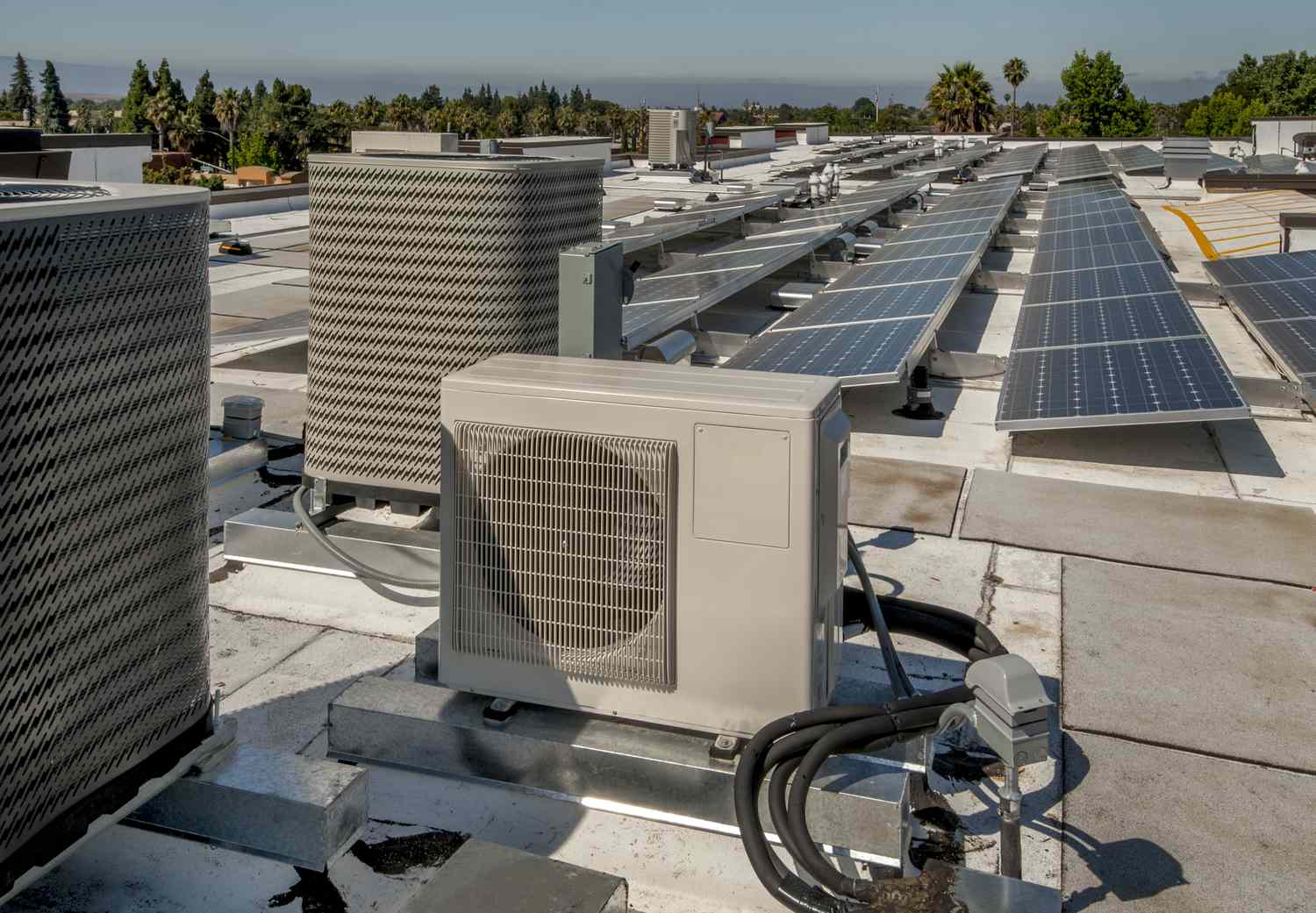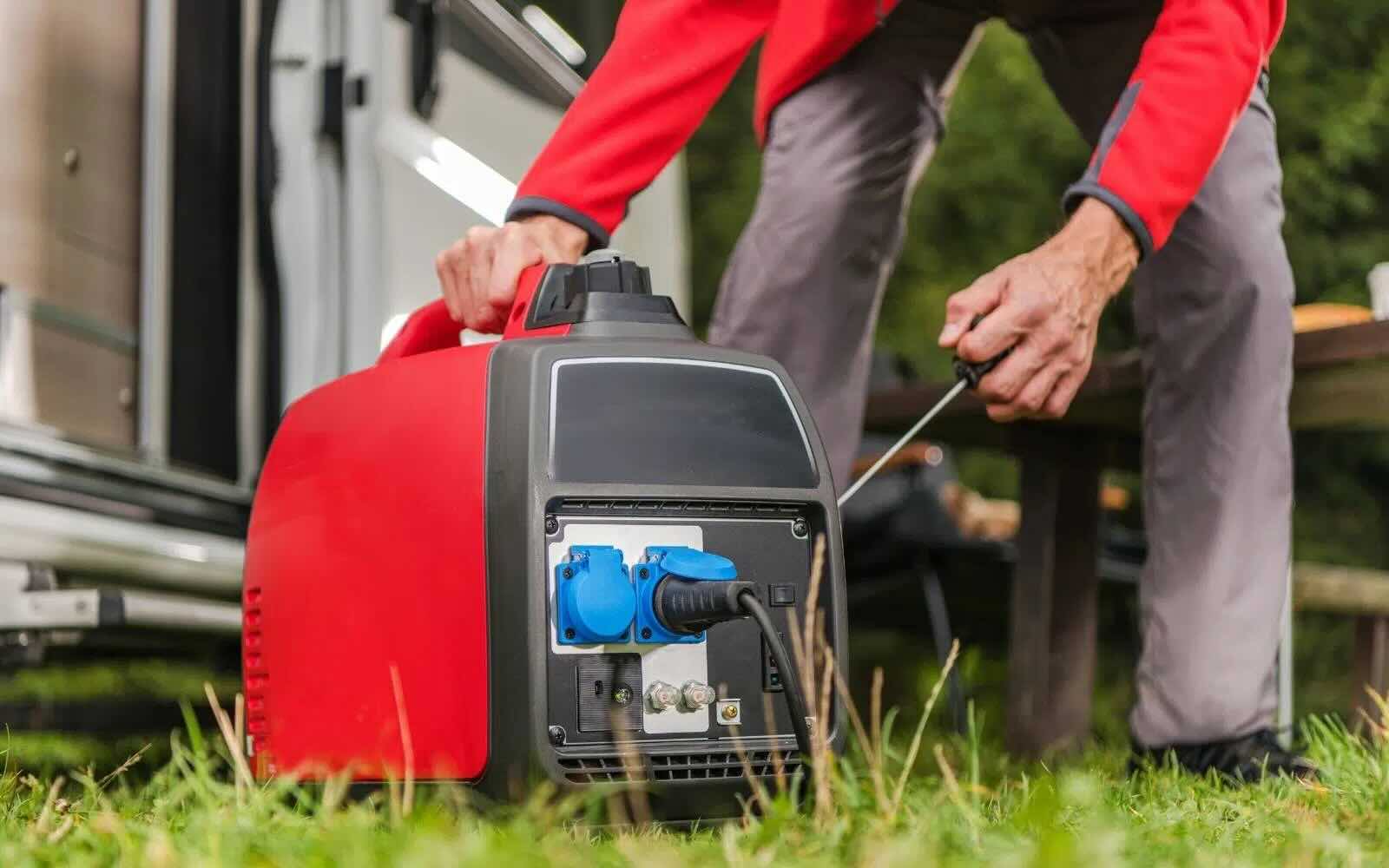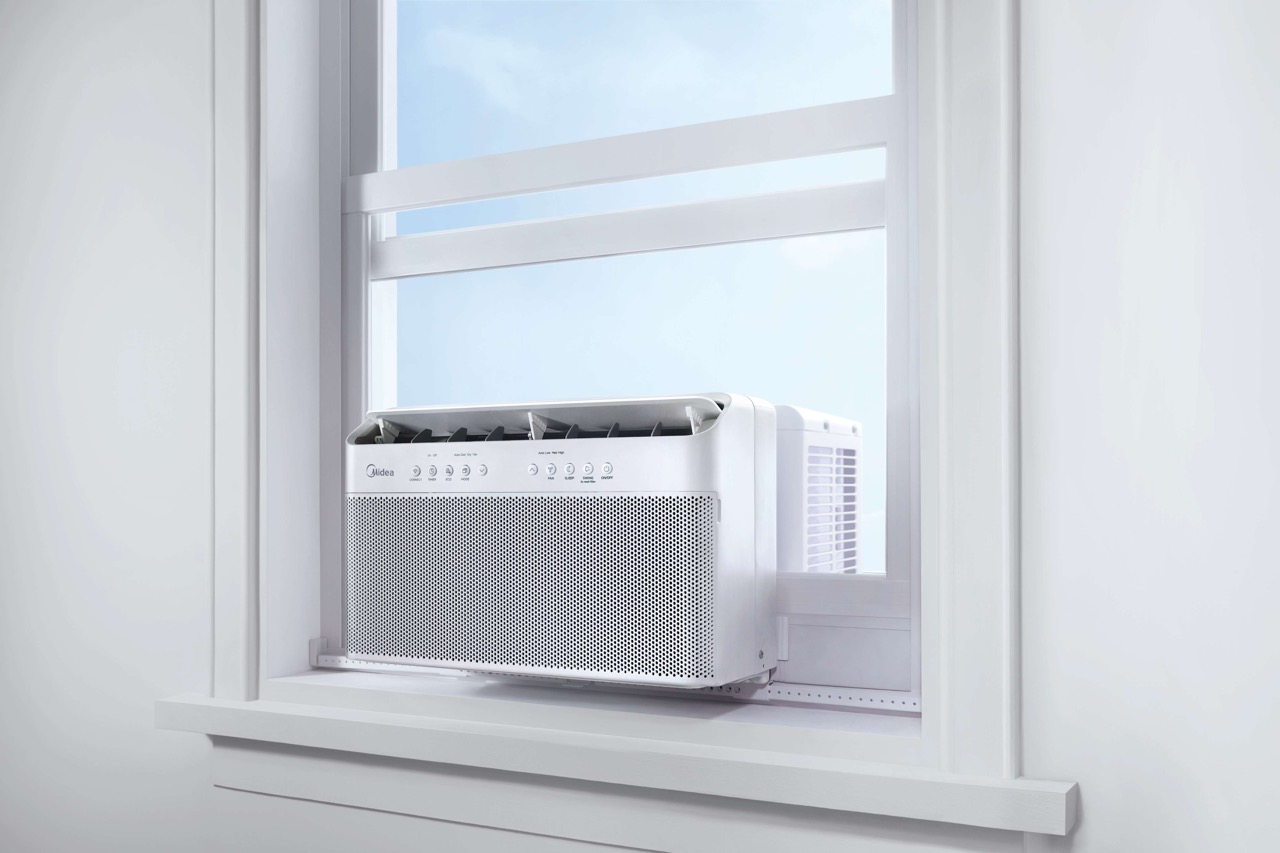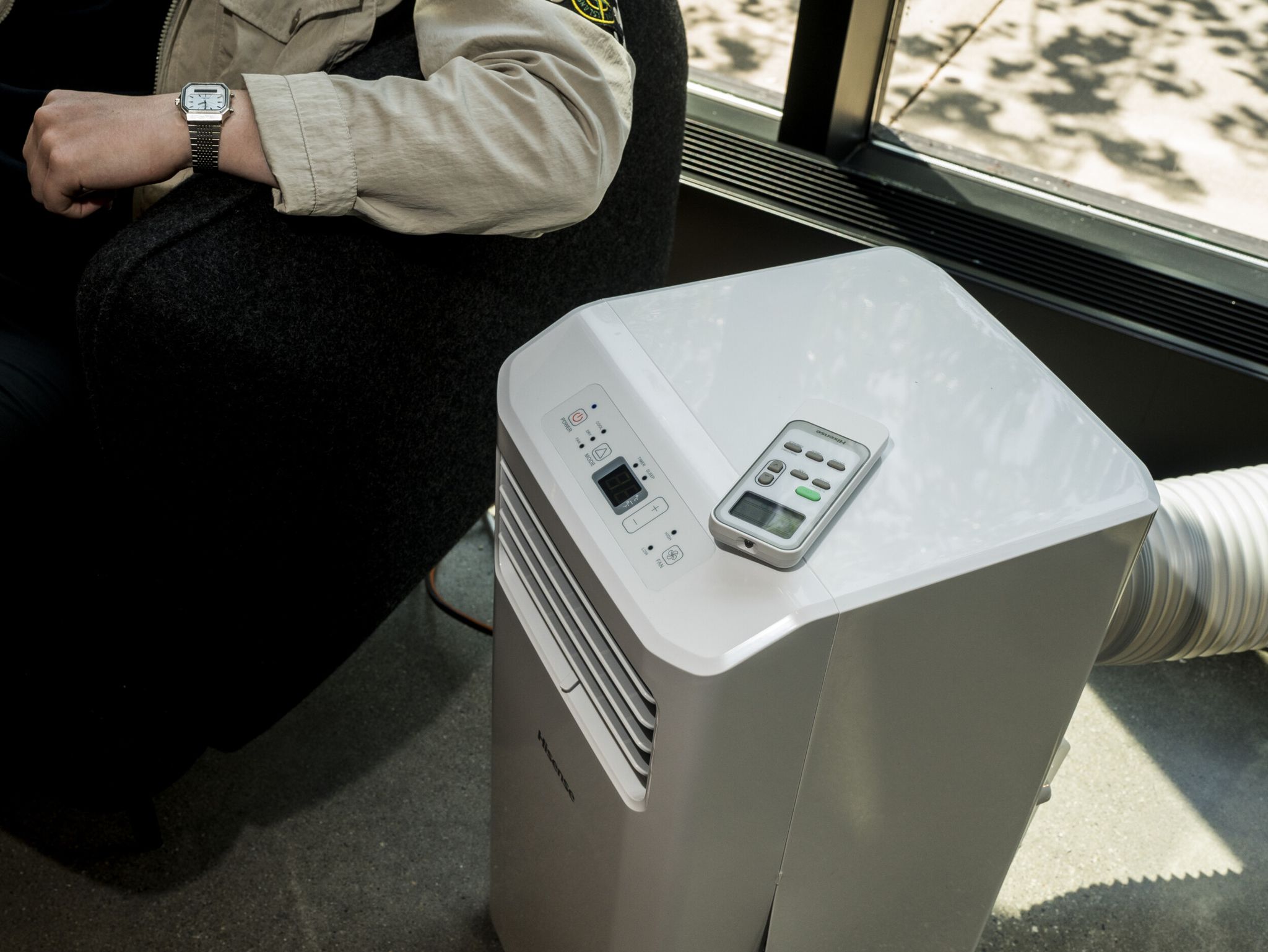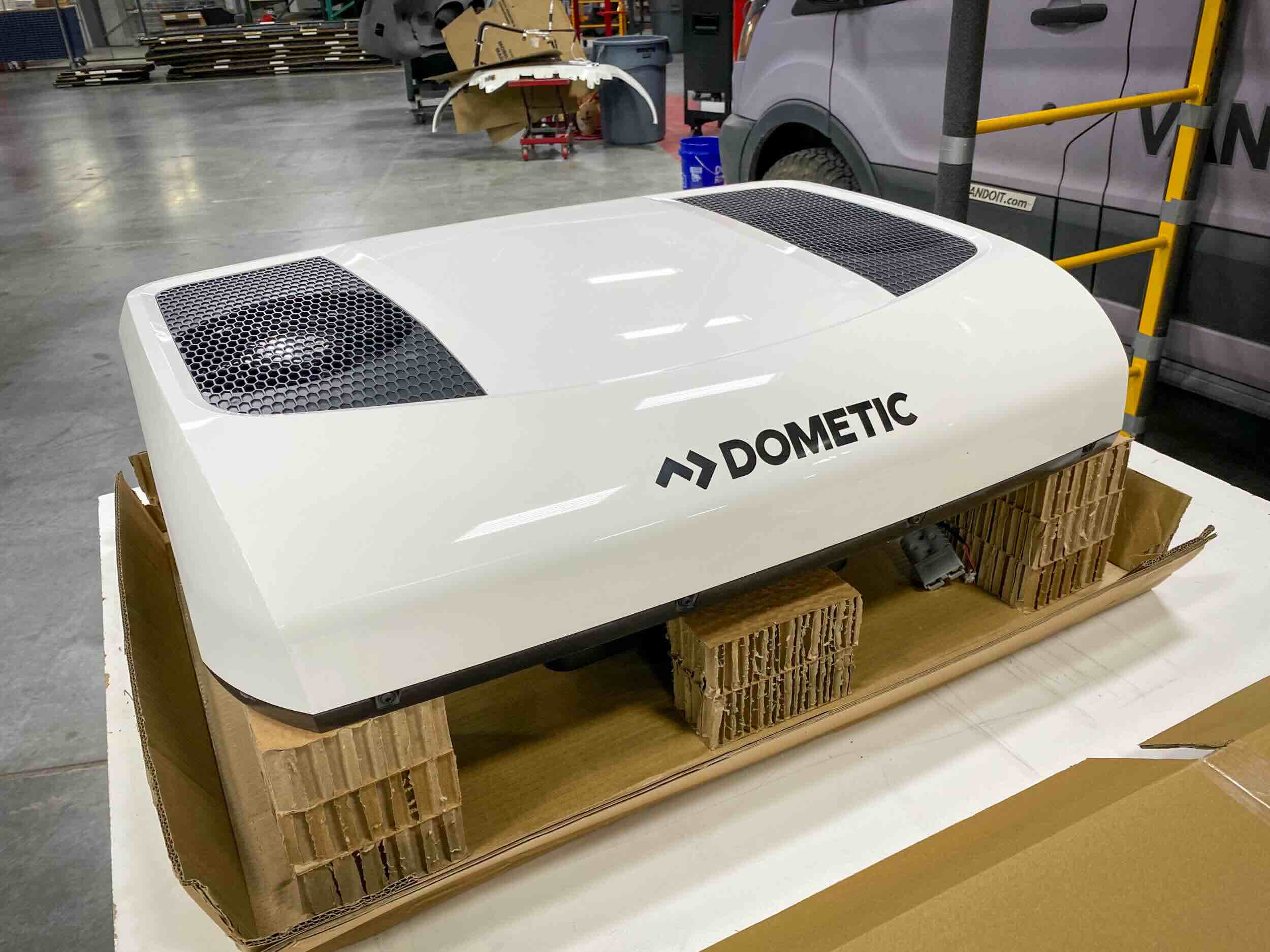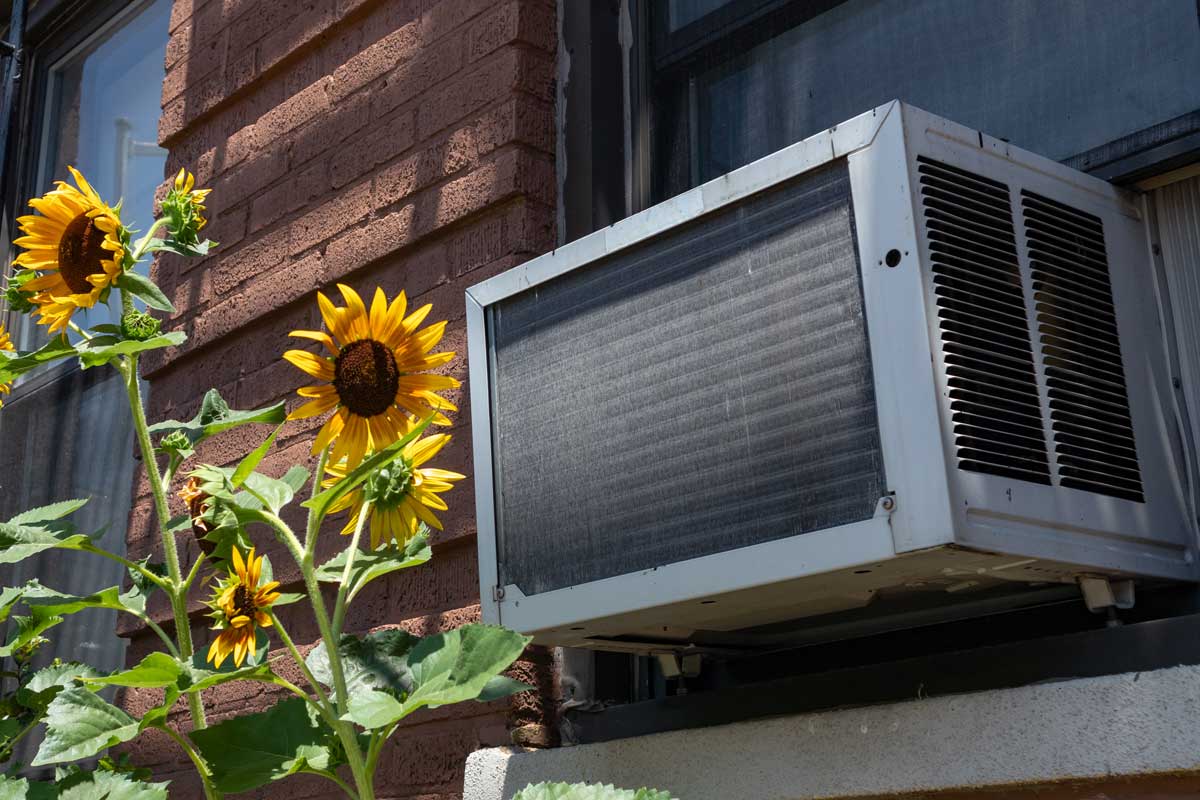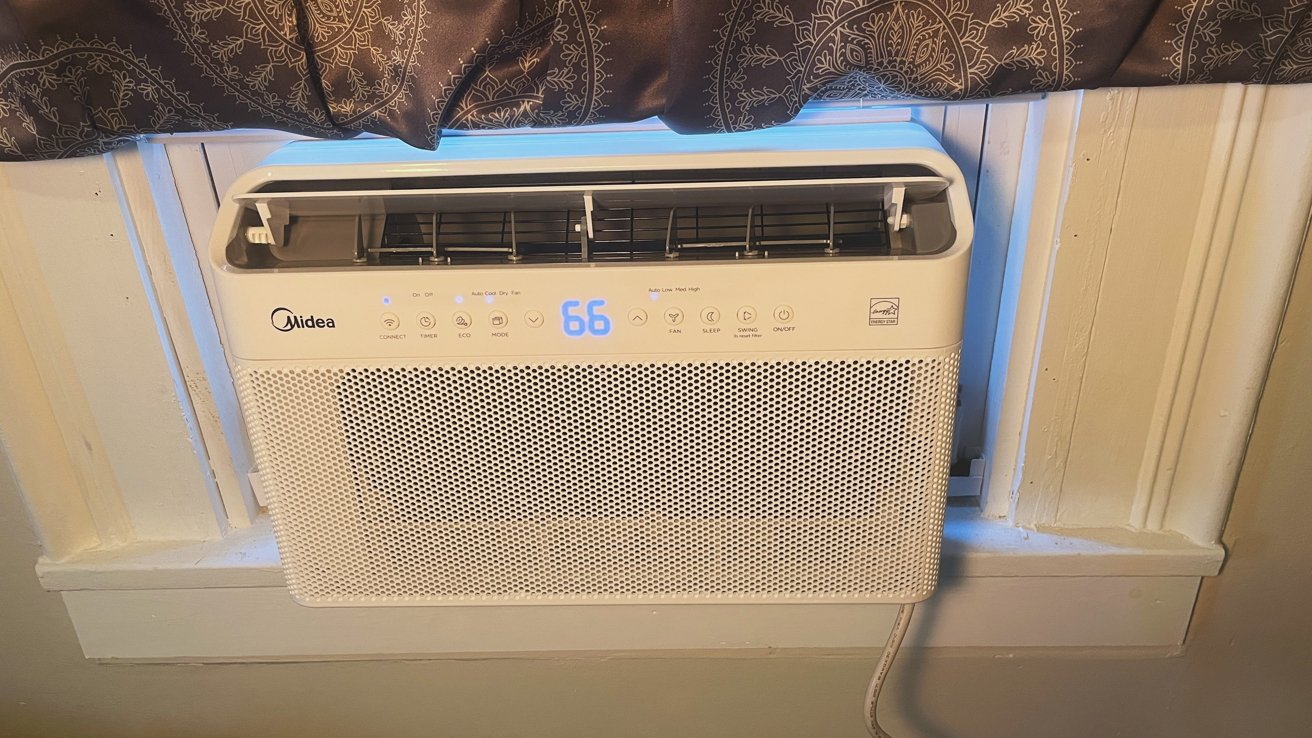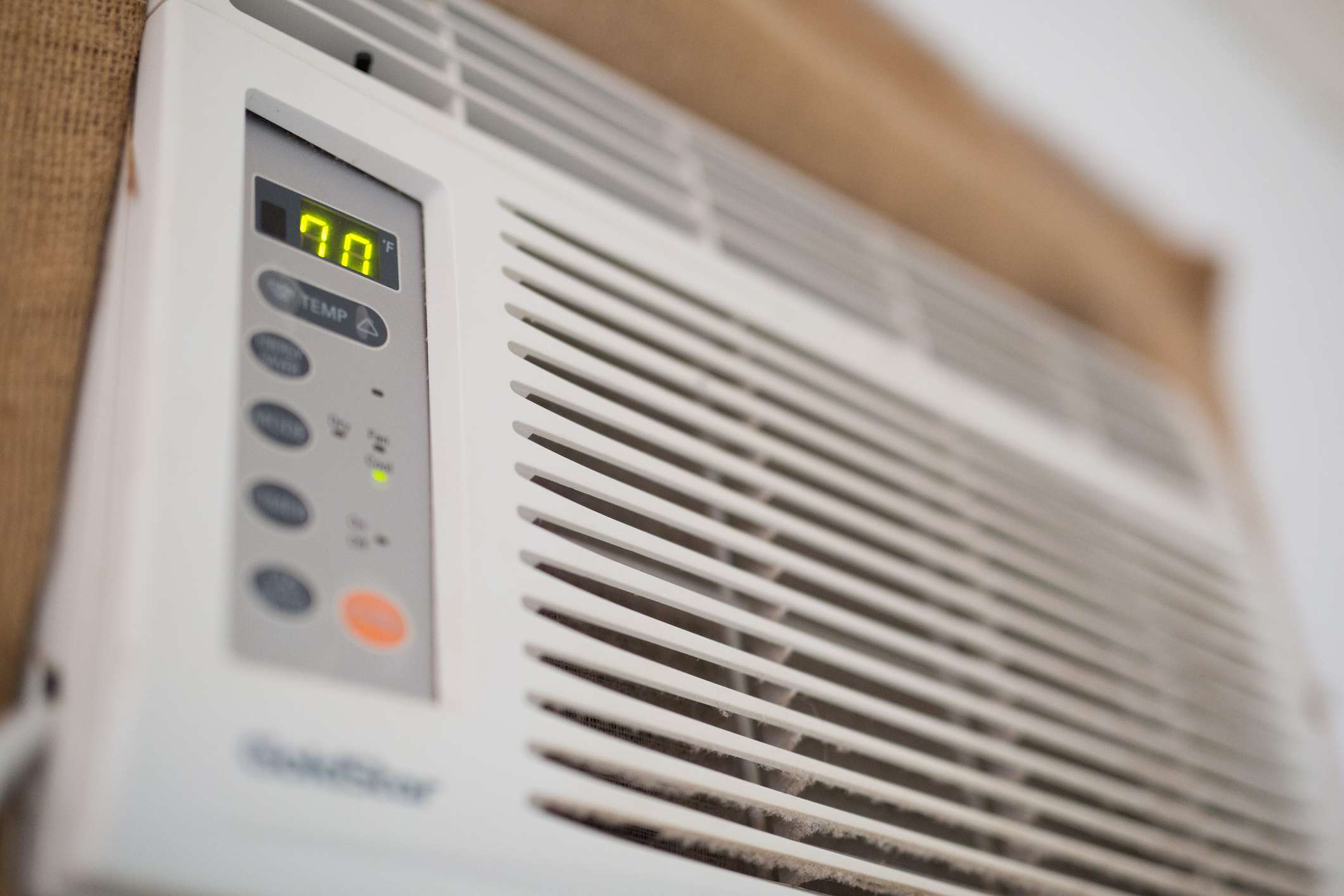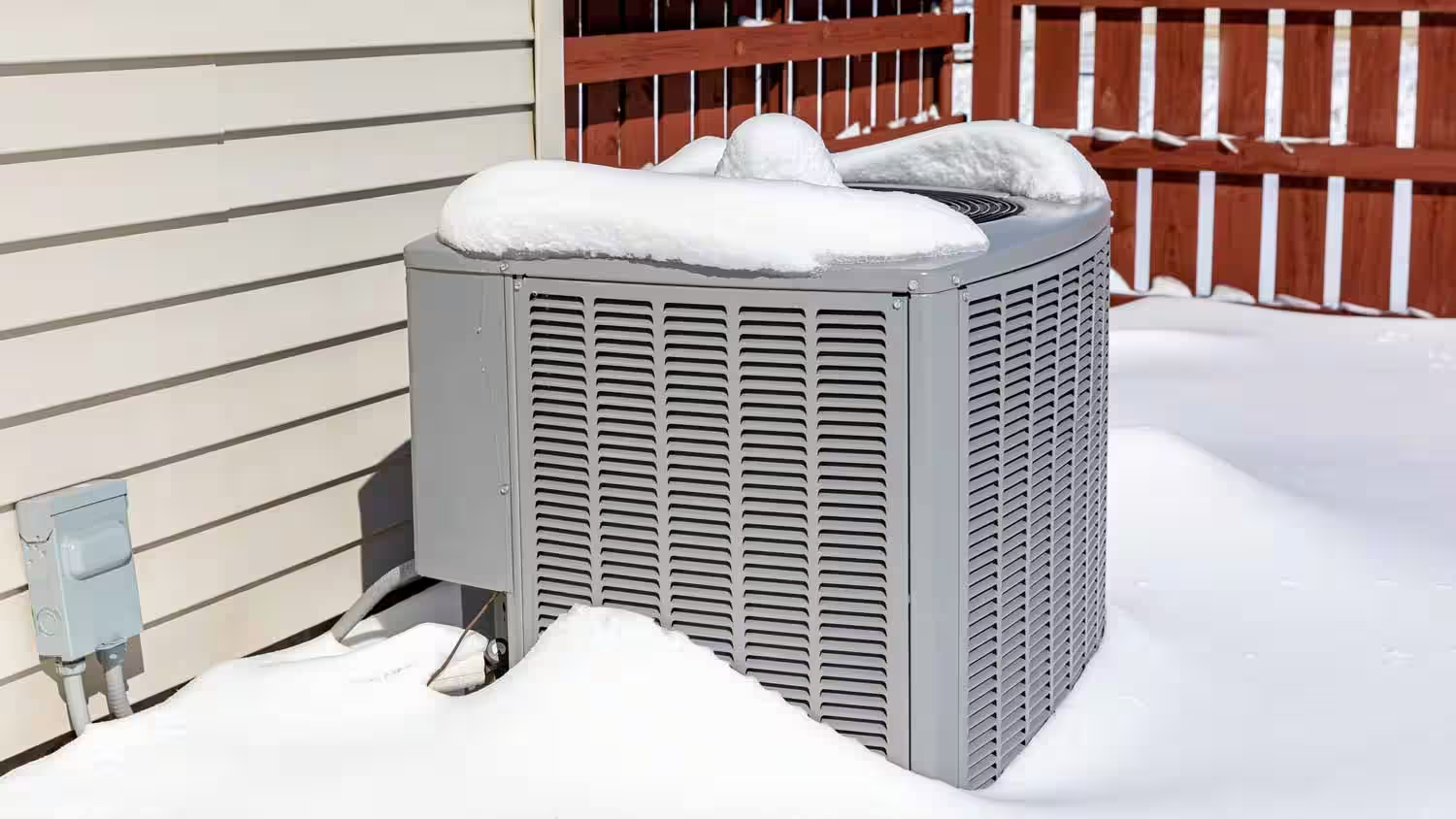Home>Home Maintenance>How Many Watts Does It Take To Run An RV Air Conditioner
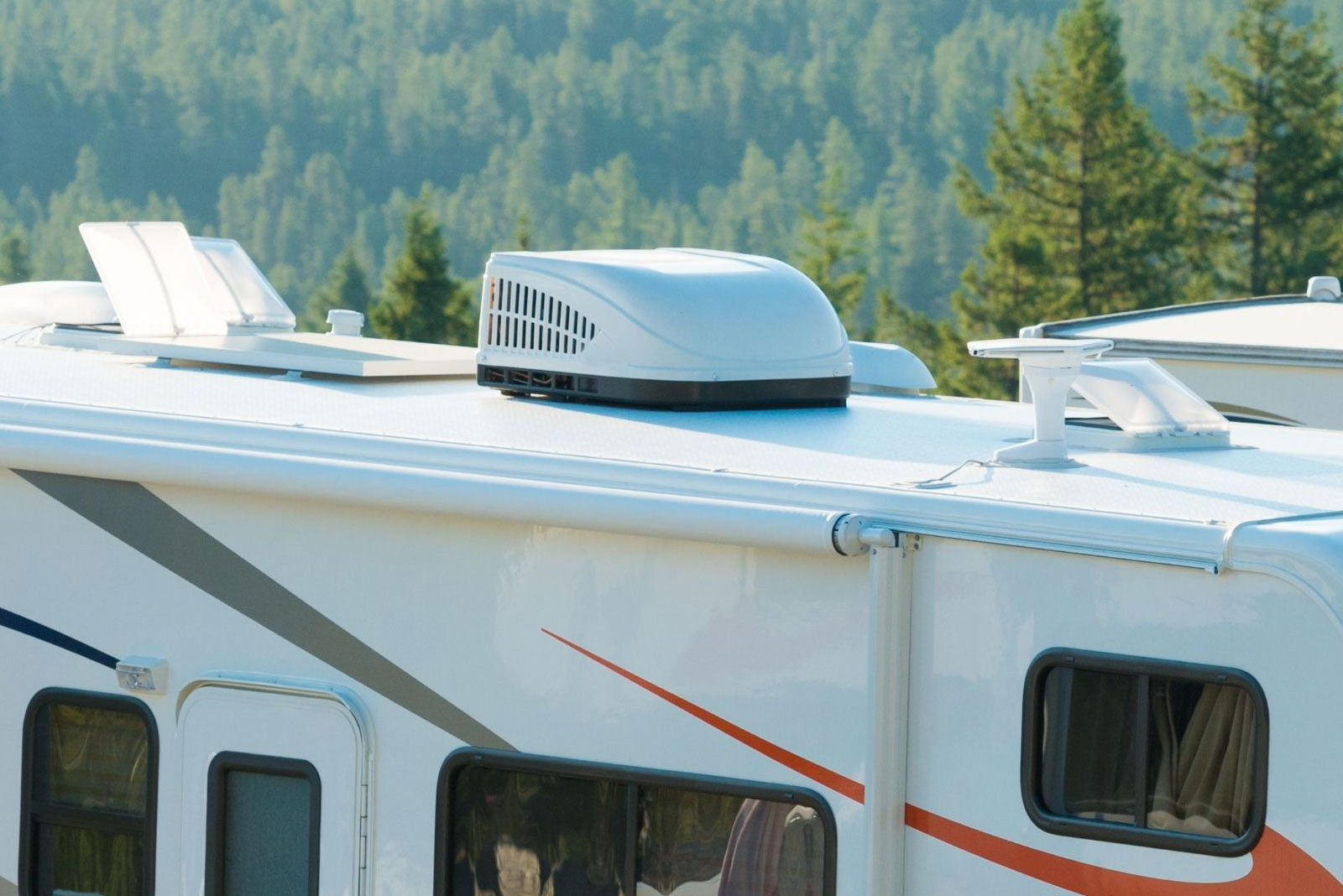

Home Maintenance
How Many Watts Does It Take To Run An RV Air Conditioner
Modified: March 7, 2024
Discover how many watts are required to power your RV air conditioner in this comprehensive guide. Ensure a smooth and efficient home maintenance with the right wattage.
(Many of the links in this article redirect to a specific reviewed product. Your purchase of these products through affiliate links helps to generate commission for Storables.com, at no extra cost. Learn more)
Introduction
Welcome to the world of RV ownership! Whether you’re a seasoned traveler or just starting out on your RV adventures, one essential aspect of your home-on-wheels is the air conditioner. And you may be wondering, how many watts does it take to run an RV air conditioner?
Having a properly functioning air conditioner is vital for ensuring a comfortable and enjoyable experience while traveling or camping in your RV. Nothing beats the feeling of stepping into a cool and refreshing environment after a day spent exploring under the scorching sun.
In this article, we’ll delve into the details of RV air conditioners, their power requirements, factors affecting power consumption, and how to choose the right generator or power source for your needs. We’ll also provide some tips for maximizing the efficiency of your RV air conditioner. So, let’s get started!
Key Takeaways:
- Running an RV air conditioner requires 1,200 to 3,500 watts of power. Factors like cooling capacity, efficiency, and outside temperature affect power consumption. Proper insulation and maintenance can optimize efficiency.
- Choosing the right generator or power source for your RV air conditioner is crucial. Consider wattage capacity, fuel type, noise level, and portability. Implementing energy-saving tips can reduce power consumption and enhance comfort.
Understanding RV Air Conditioners
Before we dive into the power requirements, it’s important to have a basic understanding of how RV air conditioners work. RV air conditioners are designed to cool the interior of your RV by removing heat and humidity from the air.
Most RV air conditioners function using a compressor-based refrigeration system. This system consists of a compressor, condenser, expansion valve, and evaporator coil. The compressor pumps refrigerant through these components, causing it to absorb heat from the air inside the RV and release it outside.
RV air conditioners come in two main types: rooftop units and portable units. Rooftop units are installed on the roof of the RV and have the advantage of being out of the way, providing more interior space. Portable units, on the other hand, can be moved around and placed wherever needed, offering flexibility in cooling specific areas of the RV.
Both types of air conditioners typically require a 120-volt AC power source to operate. This means that when your RV is connected to shore power at a campground, the air conditioner can draw power directly from the electrical hookup. However, when you’re on the road or boondocking without access to shore power, you’ll need an alternative power source like a generator or solar panels.
Now that we have a basic understanding of how RV air conditioners work, let’s explore the power requirements necessary to run them.
Power Requirements for RV Air Conditioners
RV air conditioners require a significant amount of power to operate effectively. The power requirement is measured in watts and is determined by factors such as the cooling capacity of the unit, the efficiency of the compressor, and the type of air conditioning system.
The typical power requirement for an RV air conditioner ranges from 1,200 to 3,500 watts. This means that you’ll need a power source that can supply enough wattage to meet this demand. If you plan to use your RV air conditioner when not connected to shore power, it’s crucial to have a generator or power source that can handle the electrical load.
It’s worth noting that different air conditioner models have different power requirements. So, it’s essential to check the specifications of your specific RV air conditioner to determine its wattage needs.
In addition to the power needed to operate the air conditioner itself, there are other electrical devices in your RV that may draw power simultaneously. These devices include refrigerators, lights, televisions, and other appliances. It’s important to factor in the combined power consumption of these devices to ensure that your power source can handle the load.
Furthermore, variations in ambient temperature can also affect the power consumption of your RV air conditioner. If you’re camping in extremely hot conditions, the air conditioner may have to work harder to cool the interior, resulting in increased power usage.
To ensure that you have a power source capable of meeting your RV air conditioner’s power requirements, it’s crucial to calculate the wattage needed accurately. Let’s explore how to do that in the next section.
Factors Affecting Power Consumption
Several factors can impact the power consumption of your RV air conditioner. Understanding these factors can help you optimize your power usage and ensure that you have an appropriate power source.
1. Cooling Capacity: The cooling capacity of your air conditioner is measured in BTUs (British Thermal Units) and determines its ability to cool the interior of your RV. Air conditioners with higher BTU ratings typically consume more power.
2. Efficiency: The energy efficiency of your air conditioner plays a significant role in power consumption. Units with higher energy efficiency ratings (EER) will use less power while still providing effective cooling. Look for air conditioners with higher EER ratings to minimize power consumption.
3. Temperature Settings: The temperature at which you set your air conditioner can affect power consumption. Lower temperature settings will require the unit to work harder and use more power to reach and maintain that lower temperature. Keeping your RV at a moderate temperature can help conserve energy.
4. Insulation: The insulation of your RV plays a crucial role in reducing heat transfer, which can impact the power consumption of your air conditioner. Well-insulated RVs will require less energy to cool the interior, making your air conditioner more efficient in terms of power usage.
5. Outside Temperature: The ambient temperature outside your RV also affects the power consumption of your air conditioner. Higher outside temperatures will require the air conditioner to work harder and use more power to cool the interior. Choosing shady camping spots or using awnings can help reduce the impact of high temperatures on power consumption.
By considering these factors, you can make informed decisions to optimize your power usage and ensure that your RV air conditioner operates efficiently. In the next section, we’ll discuss how to calculate the wattage needed to run an RV air conditioner.
Consider investing in a generator with at least 3,000-4,000 watts to run an RV air conditioner. Make sure to check the specific power requirements of your AC unit before purchasing.
Calculating the Wattage Needed
To determine the wattage needed to run your RV air conditioner, you’ll need to gather some information and perform a simple calculation. Here’s a step-by-step guide:
1. Check the air conditioner’s specifications: Look for the cooling capacity and energy efficiency rating (EER) of your RV air conditioner. The cooling capacity is measured in BTUs, while the EER represents the unit’s energy efficiency.
2. Determine the power consumption: Multiply the cooling capacity (in BTUs) by the EER to find the number of watts needed to run the air conditioner. For example, if your air conditioner has a cooling capacity of 10,000 BTUs and an EER of 10, the power consumption would be 10,000 BTUs x 10 EER = 100,000 watts, or 1000 watts.
3. Consider other electrical devices: Take into account any additional electrical devices that will be running simultaneously with the air conditioner. Add their power consumption to the wattage calculated in step 2. This will give you a total wattage needed for your power source.
Remember, it’s essential to consider all the appliances and devices that will be in use, such as refrigerators, lights, and televisions. Having an accurate estimation of the total power consumption will help you choose a generator or power source that can handle the load.
Keep in mind that this calculation provides an estimate of the power required to run the air conditioner. Factors such as ambient temperature, insulation, and temperature settings may affect the actual power consumption. If you’re unsure about the wattage needed, consult the manufacturer’s specifications or seek professional advice.
Now that you have an idea of the wattage needed, let’s explore how to choose the right generator or power source for your RV air conditioner.
Read more: How Many Watts To Run Rv AC
Choosing the Right Generator or Power Source
When it comes to choosing a generator or power source for your RV air conditioner, there are a few important factors to consider. Ensuring that you have a reliable and suitable power source is crucial for uninterrupted cooling during your RV adventures. Here are some factors to keep in mind:
1. Wattage Capacity: Consider the wattage capacity of the generator or power source. It should be able to handle the total wattage needed for your RV air conditioner, taking into account any additional devices running simultaneously. Remember to account for the startup surge, which may require additional power temporarily.
2. Fuel Type: Determine the fuel type that suits your needs and preferences. Generators typically run on gasoline, propane, or diesel. Consider factors such as availability, cost, and convenience when choosing a fuel type.
3. Noise Level: Pay attention to the noise level of the generator, especially if you’ll be camping in areas with noise restrictions or if you prefer a quieter environment. Look for generators specifically designed for RVs, as they often have noise-reducing features.
4. Portability: If you plan to move around frequently or have limited storage space, consider the portability of the generator. Look for models that are lightweight, compact, and easy to transport.
5. Inverter Generators: Consider investing in an inverter generator. Inverter generators provide stable and clean power, making them more suitable for sensitive electronic devices. They also tend to be more fuel-efficient and produce less noise.
6. Solar Power: If you prefer a greener and quieter energy source, you may explore solar power options. Solar panels can be installed on the roof of your RV and convert sunlight into electricity. While they may not be sufficient to solely power your air conditioner, they can help reduce your overall power consumption.
Remember to consult the manufacturer’s recommendations and guidelines when selecting a generator or power source for your specific RV air conditioner model. Additionally, consider your camping preferences, budget, and power requirements to make an informed decision.
Now that you know how to choose the right generator or power source, let’s explore some helpful tips for maximizing the efficiency of your RV air conditioner.
Tips for Efficient RV Air Conditioner Usage
To make the most of your RV air conditioner and minimize power consumption, follow these tips for efficient usage:
1. Proper Insulation: Ensure that your RV is well-insulated to reduce heat transfer. This will help your air conditioner cool the interior more efficiently and reduce the workload on the unit.
2. Temperature Settings: Set your air conditioner to a moderate and comfortable temperature. Avoid setting it too low as this will increase power consumption. Utilize other methods like fans or opening windows and vents to maintain airflow and circulation.
3. Shade and Awnings: Park your RV in shaded areas or use awnings to reduce direct sunlight exposure. This will decrease the amount of heat entering your RV, making it easier for the air conditioner to cool the space efficiently.
4. Ventilation: Proper ventilation is crucial for efficient air conditioner usage. Ensure that your RV’s vents and air registers are clean and unobstructed. This allows for better airflow and distribution of cool air.
5. Maintenance and Cleaning: Regularly clean and maintain your air conditioner to ensure optimal performance. Clean the filters regularly and remove any debris from the unit. Proper maintenance keeps the air conditioner running efficiently and reduces power consumption.
6. Time of Use: Consider using your air conditioner during the cooler parts of the day, such as early mornings or evenings. This can help reduce the workload on the unit and save energy.
7. Use Energy-Efficient Appliances: Opt for energy-efficient appliances in your RV, including refrigerators, lights, and televisions. Lower power consumption from these devices will reduce the overall load on your power source and air conditioner.
By implementing these tips, you can maximize the efficiency of your RV air conditioner, reduce power consumption, and enjoy a comfortable and cool interior during your travels.
With a clearer understanding of how to optimize the usage of your RV air conditioner, you’re now ready to embark on your journeys and enjoy the benefits of a well-cooled and comfortable RV. Safe travels!
Conclusion
Having a properly functioning and efficiently running air conditioner is essential for a comfortable and enjoyable RV experience. Understanding the power requirements of your RV air conditioner and choosing the right generator or power source are vital steps to ensure uninterrupted cooling during your travels.
By calculating the wattage needed and considering factors such as cooling capacity, efficiency, temperature settings, and insulation, you can determine the power consumption of your air conditioner accurately. This information will guide you in selecting a generator or power source that can meet your RV air conditioner’s power requirements.
Additionally, implementing tips for efficient usage such as proper insulation, moderate temperature settings, shade utilization, ventilation, maintenance, and using energy-efficient appliances will help optimize your air conditioner’s performance and reduce power consumption.
Remember that while an air conditioner is crucial for a comfortable RV experience, it’s important to strike a balance between cooling and power consumption. Being mindful of your power usage and adopting energy-saving practices will not only benefit the environment but also extend the life of your power source and reduce overall costs.
So as you embark on your RV adventures, keep these insights in mind and make the most of your RV air conditioner to stay cool, refreshed, and comfortable wherever your travels may take you.
Frequently Asked Questions about How Many Watts Does It Take To Run An RV Air Conditioner
Was this page helpful?
At Storables.com, we guarantee accurate and reliable information. Our content, validated by Expert Board Contributors, is crafted following stringent Editorial Policies. We're committed to providing you with well-researched, expert-backed insights for all your informational needs.
